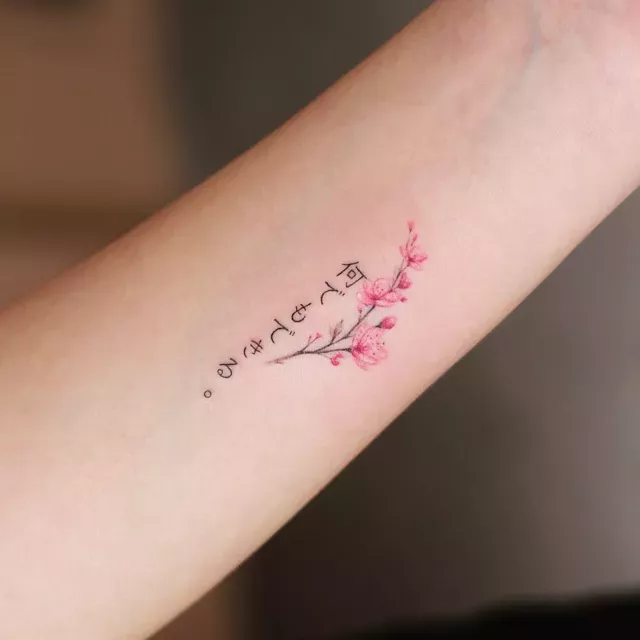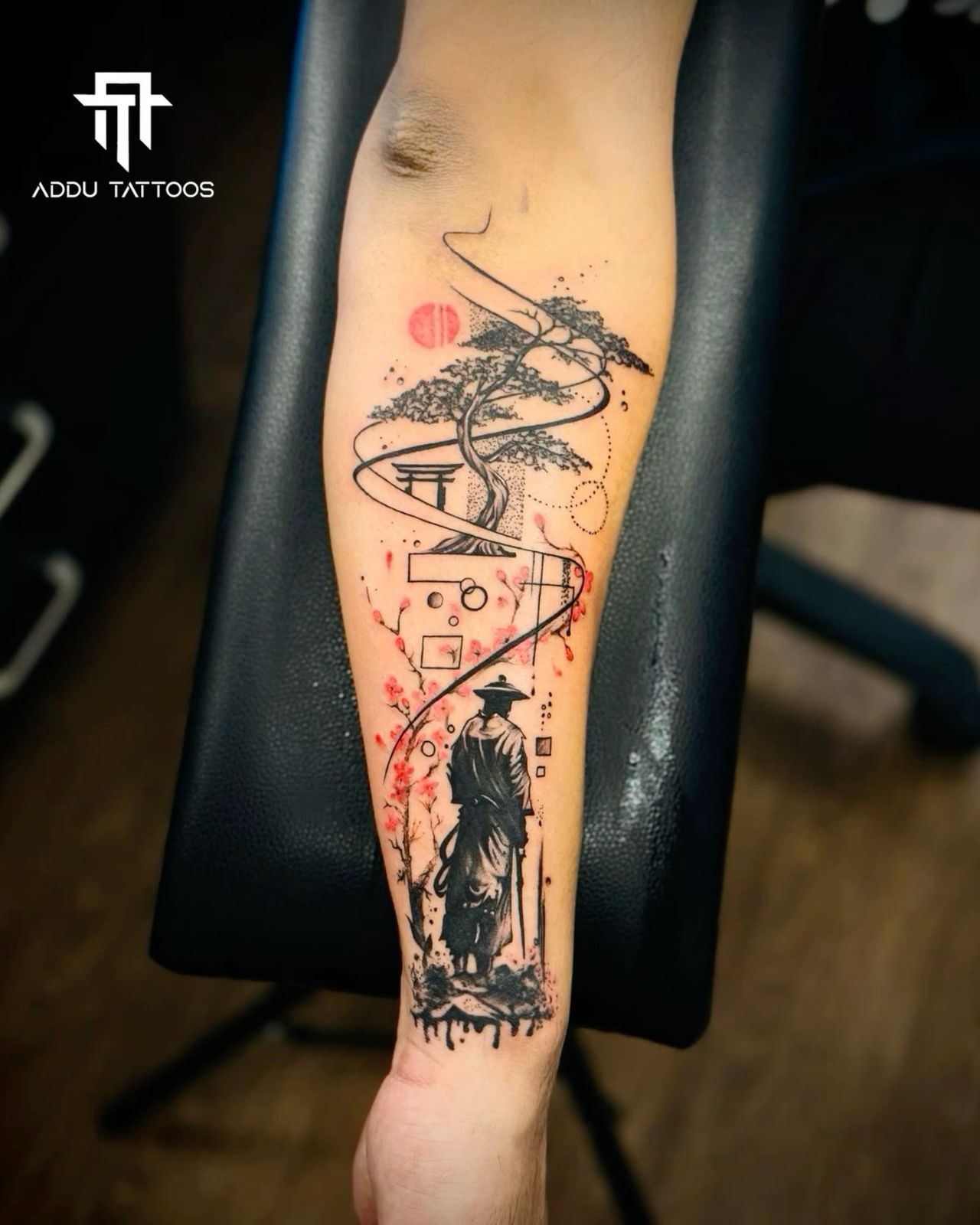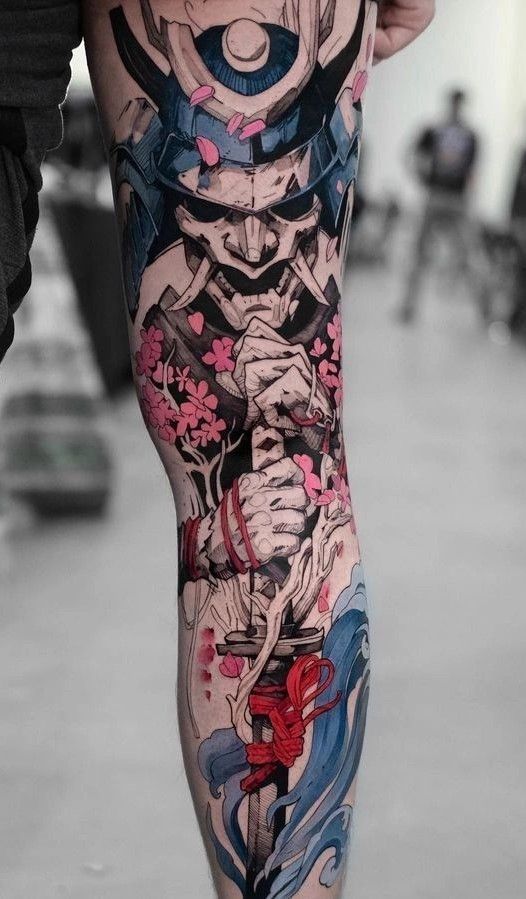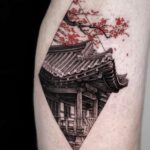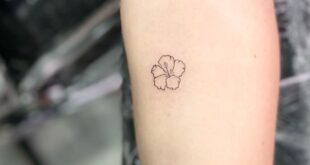Tattooing has a long and rich history in Japan, dating back thousands of years. In Japanese culture, tattoos have been used to symbolize various aspects of life, from religious beliefs to social status. However, despite its deep roots in Japanese tradition, tattooing has also been associated with criminal activity and outlawed for many years.
The art of tattooing in Japan, known as irezumi, has been a part of Japanese culture for centuries. Irezumi originally served as a form of spiritual and decorative body art, with designs often featuring intricate patterns and symbols. These tattoos were typically reserved for the aristocracy and samurai warriors, symbolizing their status and protecting them in battle.
During the Edo period in Japan, tattoos began to be associated with criminality and were used as a form of punishment for criminals. This association led to a stigma surrounding tattoos in Japanese society, with many people viewing them as a sign of rebellion and defiance against authority.
In the late 19th and early 20th centuries, the Japanese government officially banned tattooing, citing its association with criminal elements. This ban remained in place for many years, effectively driving tattooing underground. Despite the ban, tattooing continued to thrive in Japan, with artists honing their skills and developing unique styles that would later influence tattooing around the world.
In recent years, attitudes towards tattoos in Japan have begun to shift. While there is still a stigma attached to visible tattoos in certain settings, such as public baths and onsen (hot springs), there has been a growing acceptance of tattoos as a form of personal expression. Many young people in Japan are now embracing tattoos as a way to showcase their individuality and creativity.
The art of tattooing in Japan has also gained international recognition, with Japanese tattoo artists becoming highly sought after for their skill and expertise. Traditional Japanese tattoo designs, such as koi fish, dragons, and cherry blossoms, have become popular around the world, with many people traveling to Japan to receive a traditional irezumi tattoo.
Overall, tattooing in Japan is a complex and multifaceted art form that reflects the country’s rich cultural history. While the stigma surrounding tattoos still exists in some parts of Japanese society, there is a growing appreciation for the art form and its unique aesthetic. As attitudes continue to evolve, it is likely that tattooing in Japan will continue to flourish and inspire artists and enthusiasts around the world.
 innstyled Tattoo Ideas
innstyled Tattoo Ideas
